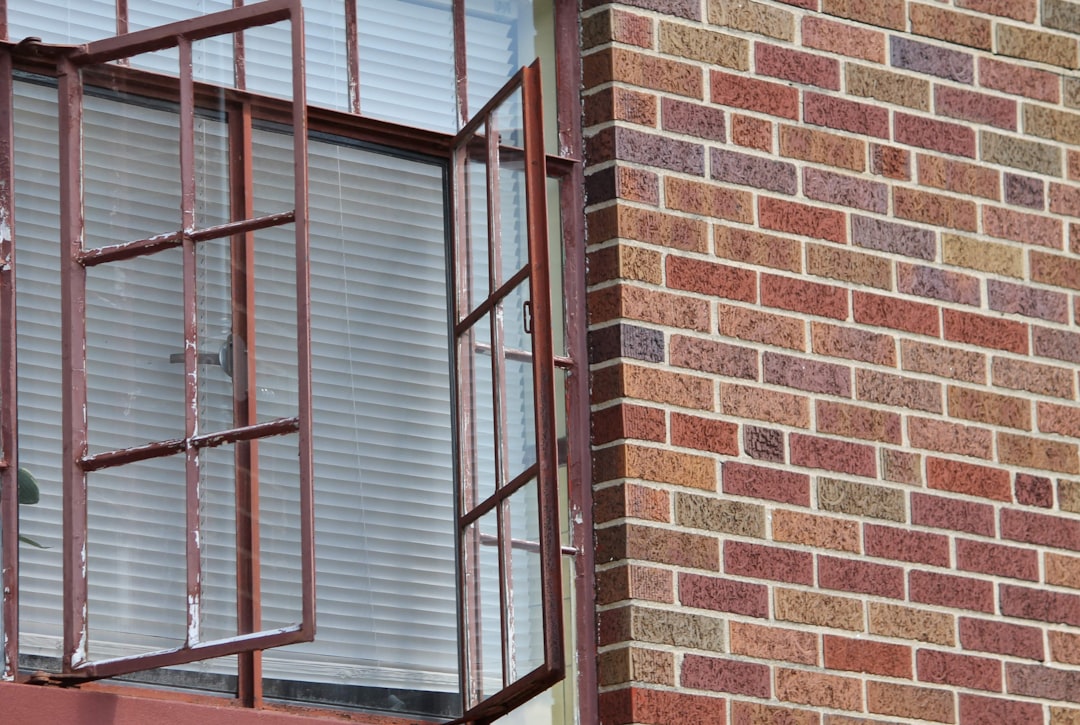Professional Window Well Installation for Construction Experts
Price source: Costs shown are derived from our proprietary U.S. construction cost database (updated continuously from contractor/bid/pricing inputs and normalization rules).
Eva Steinmetzer-Shaw
Head of Marketing
Professional Window Well Installation: Costs and Considerations
Installing window wells is a crucial step in enhancing basement spaces, providing natural light, emergency egress, and moisture protection. For construction professionals, understanding the cost dynamics is essential. Typical installation costs range from $800 to $2,500 per window well, depending on materials and site conditions.
The Importance of Window Wells in Construction
- Transform basements with natural daylight
- Ensure compliance with IRC emergency egress codes
- Protect against leaks and structural damage
- Enhance aesthetics with decorative options
Comprehensive Project Scope for Window Well Installation
- Conduct site evaluation and ensure code compliance
- Perform soil excavation and shoring
- Install galvanized steel or composite wells
- Backfill with drain rock and connect to perimeter drains
- Set egress windows and apply flashing
- Add covers, ladders, or grates
Our AI-driven platform provides real-time material pricing, ensuring crews are equipped with the correct dimensions and materials from the start.
Accurate Cost Estimation with AI Technology
Traditional estimates can be outdated, but our AI links directly to live material indexes and regional labor rates, ensuring accuracy. Key cost factors include:
- Material choice: Corrugated steel vs. fiberglass
- Excavation depth and safety requirements
- Drainage connections to existing systems
- Cover options for safety and debris protection
- Permit and inspection fees
Our AI streamlines these variables into precise estimates, saving time and reducing errors.
Best Practices for Window Well Installation
- Dig well holes 12 inches wider for uniform backfill
- Install 4-inch perforated drain pipes at footing elevation
- Use clean ¾-inch crushed rock for backfill
- Flash and seal window flanges with butyl tape
- Grade topsoil to direct water away from wells
Step-by-Step Installation Process
- Start a voice session with our app, detailing site specifics
- AI generates a preliminary BOM
- Use computer vision for accurate measurements
- Receive a detailed PDF estimate
- Schedule work with our vetted crews
Overcoming Common Installation Challenges
High Water Tables: Use sump crock connections and hydraulic concrete.
Crumbly Soils: Opt for composite wells with integral flanges.
Intricate Landscaping: Use digital overlays to minimize disruption.
Project Timeline for Window Well Systems
- Estimate approval: Same day
- Permit acquisition: 3-7 business days
- Excavation and installation: 1 day per well
- Inspection and backfill: Next business day
- Final grading and cover install: Same day as inspection
Our client dashboard keeps you updated with real-time notifications.
Environmental and Energy Benefits
Adding daylight reduces lighting costs, while proper drainage prevents insulation failures. Our specs include R-value impacts and insulated cover options for colder climates.
Pro Tips for Successful Window Well Installation
- Ensure well height is 6 inches above grade
- Use stainless hardware in coastal areas
- Install escape ladders for wells over 44 inches deep
- Consider battery-backed sump pumps in flood-prone areas
- Seal masonry edges with elastomeric caulk
Get Started Today
Visit CountBricks.com to explore our AI-driven solutions for window well installations, ensuring precision and compliance for your projects.
Case Study: Efficient Window Well Installation
In Tampa, a homeowner faced repeated rainwater intrusions. Our AI generated a detailed estimate for composite wells and PVC drains in just ten minutes.
Project Execution
- Day 1: Excavation and first well installation completed by noon.
- Day 2: Remaining wells installed, windows flashed, inspections scheduled.
- Day 3: Backfill, grading, and cover installation completed ahead of schedule.
Project Outcomes
- 38% faster completion compared to local averages
- Zero change orders due to accurate pricing and proactive moisture readings
- 15% reduction in basement humidity, enabling immediate remodeling
Enhancing Accuracy with AI Blueprint Takeoffs
Upload plans to CountBricks.com for AI-driven takeoffs, optimizing well diameters and drainage layouts. Export directly to project management software to eliminate errors.
Expanded Services
- Integrated permit packages
- Optional foundation crack repair
- Seasonal maintenance reminders
Next Steps
Schedule a consultation at CountBricks.com. Our AI and professionals are ready to enhance your residential projects with precision and efficiency.

